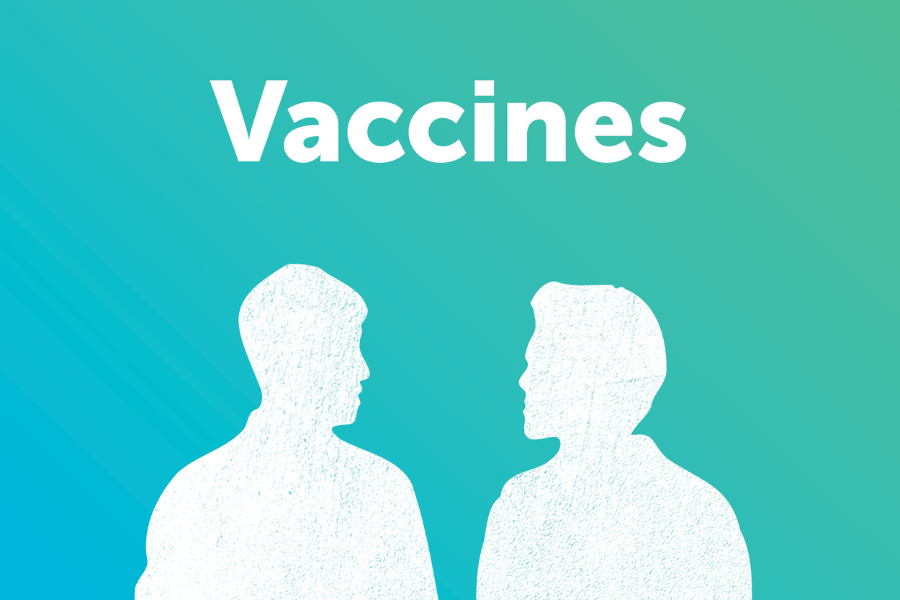Prevention
Do I need to be Vaccinated?

If you are a gay or bisexual man, a man who has sex with men (gbMSM) or are transgender, it is recommended by the National Immunisation Committee (NIAC) that you are vaccinated against hepatitis A, hepatitis B and HPV (human papillomavirus). A vaccine is a substance that improves immunity (protection) to a particular disease.
Vaccines can protect you against many harmful diseases before you come into contact with them. Vaccines are safe and effective.
Hepatitis A & B
Hepatitis A and hepatitis B are viruses that infect the liver. Hepatitis A usually causes a mild illness and occasionally can cause more severe illness. Hepatitis A has been increasingly affecting men who have sex with men across Europe, including Ireland. Hepatitis B is a major cause of serious liver diseases such as cirrhosis and liver cancer that affect millions of people worldwide. Both hepatitis A and B can be prevented with vaccination. The hepatitis vaccines are freely available in public STI clinics.
If you have a medical card you can also get the vaccine for free at your GP. If you don’t have a medical card, you can still get the vaccine for free but there will be an administration fee.
The vaccine is usually given over a period of six months and usually involves three injections. You’ll be asked to return after you have completed the course for a blood test to check how you have responded. Some people respond really well and never need to be checked again. Some people respond less well and may need boosters in the future. A small number of people don’t respond to the vaccine.
Find an STI clinic near you here
HPV
HPV stands for ‘human papillomavirus’, which is a group of more than 100 viruses. HPV is very common – most people will be infected with a form of HPV in their lifetime. HPV infection is most common in people in their late teens and early 20s. Genital Warts are caused by viruses from the human papilloma virus (HPV) family.
There are over 100 different types of HPV that can infect the skin and mucous membranes (for example the throat, anus and penis). Persistence of some types of HPV infections can lead to cancers e.g. HPV types 16 and 18 cause the majority of HPV-associated cancers, notably anal, throat, penile and cervical cancer.
The risk of anal cancer in gbMSM is higher than in heterosexual men. If you also have HIV, this risk is higher again. In addition, gbMSM are more likely to get genital warts. HPV vaccination is an effective way to reduce your risk of genital warts and your risk of developing HPV associated cancer in the future.
The HPV vaccine is available for all gbMSM, including gbMSM living with HIV, up to and including 45 years of age through public STI and HIV clinics. Ask a nurse or doctor at your clinic for more information. The vaccine is usually given over a period of 6-12 months and usually involves three injections.
Find an STI clinic near you here
MPOX (Monkeypox)
St Vincent’s Hospital, Dublin
Carew House,
St Vincent’s Hospital,
Merrion Rd,
Dublin 4
Email: mpoxvaccines@svhg.ie
Protection from monkeypox
There is a chance you might still get monkeypox, even if you have had the vaccine. But it may reduce any symptoms of monkeypox. The National Immunisation Advisory Committee (NIAC) have more information on monkeypox vaccination here (https://www.hse.ie/eng/health/immunisation/hcpinfo/guidelines/ch20a.pdf), and there is more information on the HPSC website here (https://www.hpsc.ie/a-z/zoonotic/monkeypox/vaccination/).



